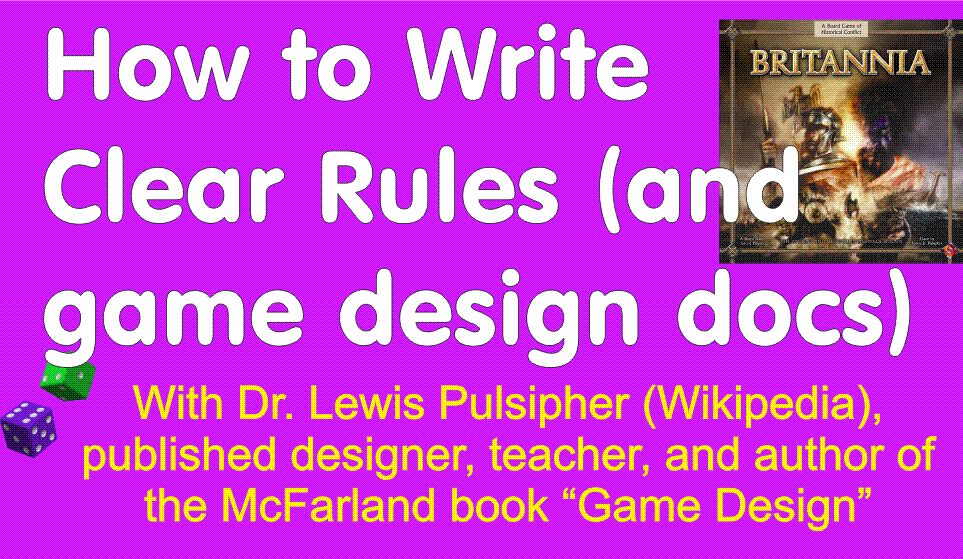Many people misunderstand copyright. I've had to research copyright law extensively because of games and articles I've had published, but I am not a lawyer. For a more authoritative opinion (which matches mine, as it happens) read what Jim Charne, the lawyer who writes the legal advice column for IGDA, has to say. See http://www.igda.org/columns/
All of my game-related work other than teaching has been on a freelance basis, and in my view no self-respecting freelance author/creator EVER allows his IP to be transferred permanently to someone else unless there is absolutely no alternative--or the lump-sum payment is ridiculously high. "Assurances" often don't matter when money is actually on the line.
I strongly advise prospective students to avoid any school that claims to own the student's work. Always carefully read what you're asked to sign, but better yet, ascertain beforehand what the school's policy is and don't attend one with a doubtful policy. Anytime you attend a school that is owned by one or several individuals, you need to be especially careful, about *everything*. If you sign away your rights, it's your fault.
However, there is a reason for a school to be cautious. Publishers routinely require creators, who pitch a game to the publisher, to sign an agreement protecting the publisher if the publisher should later publish a game that might be construed as similar in any way. This protects the publisher from frivolous lawsuits by game creators who don't understand that game ideas cannot be protected by copyright in any case. (http://www.copyright.gov/fls/
Nonetheless, like Tom Buscaglia I feel IP ownership is a moral issue, and my gut feeling is that most of these schools are just hoping to steal something from their students, to gain control of something they didn't earn by their own efforts. Digi-pen overriding the creators of Toblo appears to be just one of those cases.





No comments:
Post a Comment